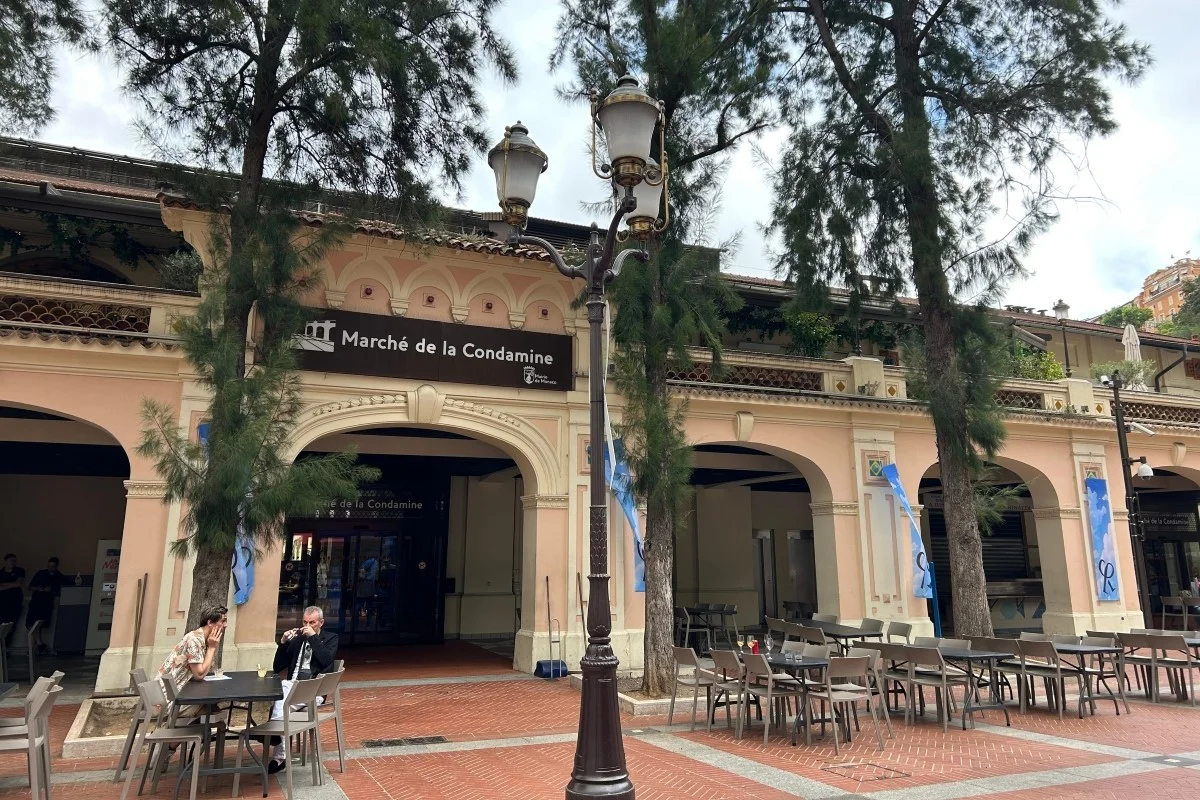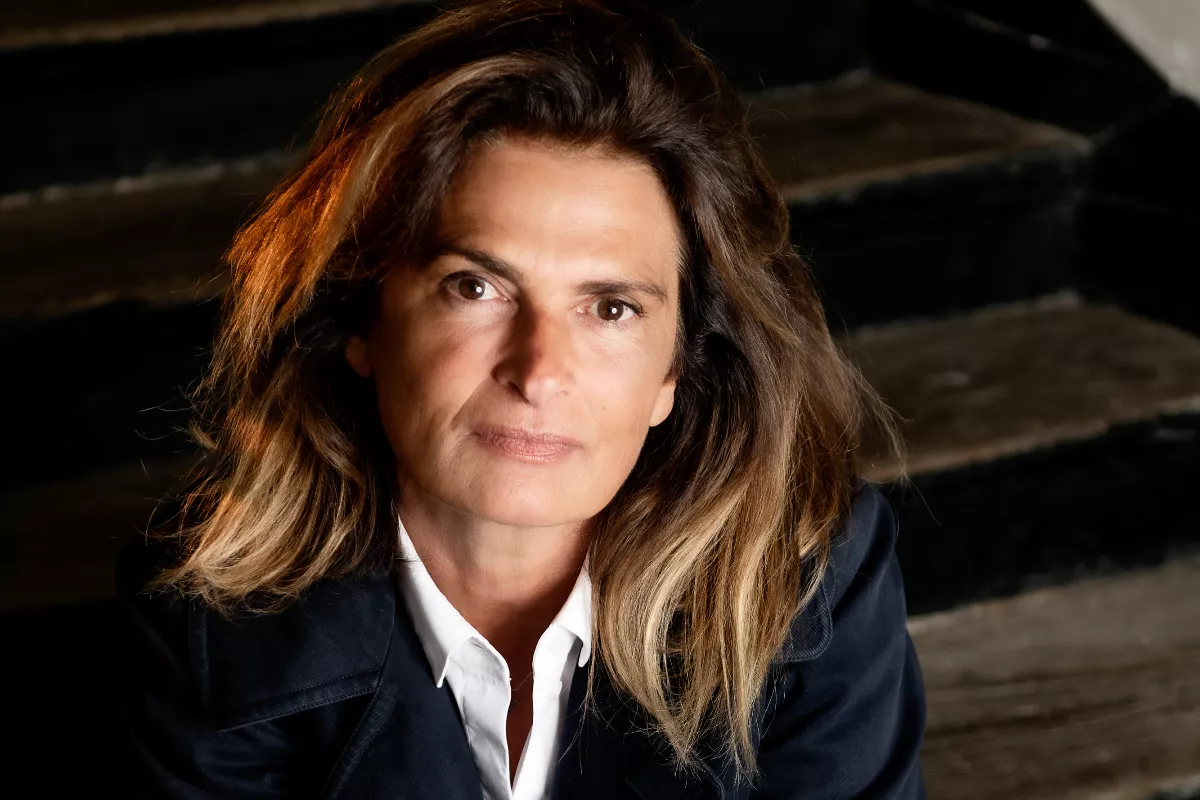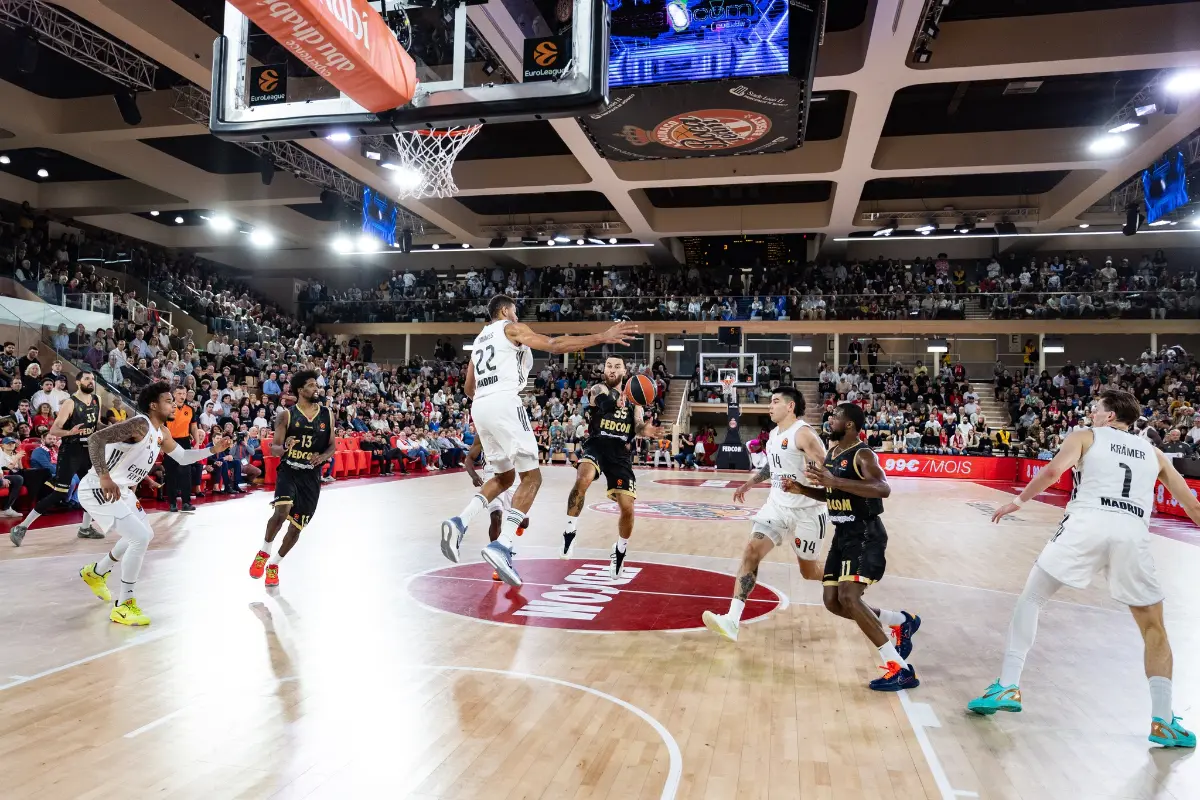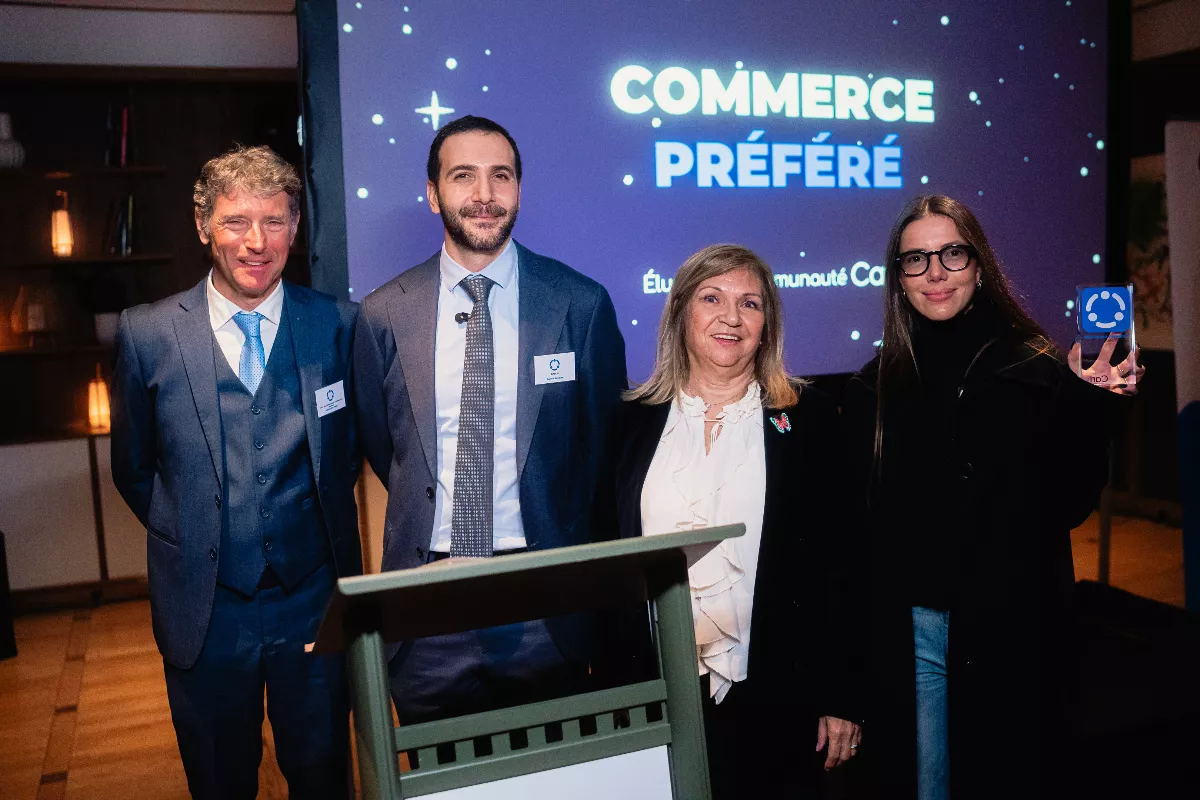The Monte-Carlo Printemps des Arts festival has unveiled its 2026 programme, providing a chance to music lovers to experience 27 concerts featuring more than 80 works performed by 260 artists from March 11th to April 19th.
Artistic director Bruno Mantovani revealed the season’s highlights during a presentation at the Oceanographic Museum on December 5th, which will present 12 world premiere performances, and showcase works by 50 different composers.
The 42nd edition is titled ‘Utopies – opus 1’ and will place musical instruments at the heart of the programme. Both period and modern instruments will feature in dialogue from Renaissance masters to contemporary composers.
The festival, presided over by Princess Caroline of Hanover, will open on March 11th with works by Gesualdo and Monteverdi performed by La Venexiana and Duo Xamp at the Église Saint-Charles. The following evening, the Monte-Carlo Philharmonic Orchestra will present pieces by Stravinsky, Monnet and Debussy at the Auditorium Rainier III.
Concerts will take place in various locations including the Oceanographic Museum, the Prince of Monaco’s Car Collection, as well as venues in Nice such as the Théâtre National’s Franciscan hall.
Highlights include a candlelit concert on March 14th featuring violinist Tedi Papavrami and pianist Jean-Frédéric Neuburger, and ‘La Grande Battle’ by Ensemble I Gemelli at the Oceanographic Museum on 13th March.
The programme also features performances from earlier centuries, including ‘Laude Novella’ by Ensemble Gilles Binchois and ‘Harmonia Artificiosa’ by Ensemble Artifices, alongside major works such as Messiaen’s Turangalîla-Symphonie performed by the Monte-Carlo Philharmonic Orchestra at the Grimaldi Forum on 4th April.
The festival concludes with ‘Miniatures’, a series of ballet performances by Les Ballets de Monte-Carlo at the Opéra de Monte-Carlo from 16th to 19th April.
Accessible pricing
In a significant change for 2026, the festival has introduced the same pricing for most concerts at €20, making the festival more accessible to audiences.
Exceptions include concerts in partnership with the Monte-Carlo Philharmonic Orchestra and Les Ballets de Monte-Carlo. The festival remains free for under 25-year-olds with advance booking.
Tickets are now available online via the Monte-Carlo Ticket platform: https://indiv.themisweb.fr/0526/fListeManifs.aspx?idstructure=0526 or at the box office in the Casino de Monte-Carlo’s entrance hall, open Tuesday to Saturday from 10am to 5:30pm, and on concert Sundays from 10am to 4pm (closed 24th and 25th December).
Stay updated with Monaco Life: sign up for our free newsletter, catch our podcast on Spotify, and follow us across Facebook, Instagram, LinkedIn, and Tik Tok.
Photo credit: OPMC





